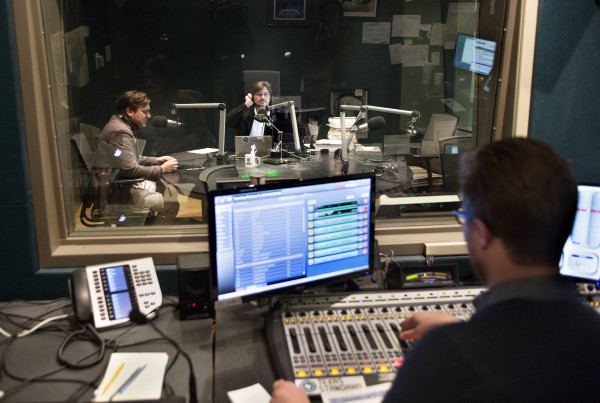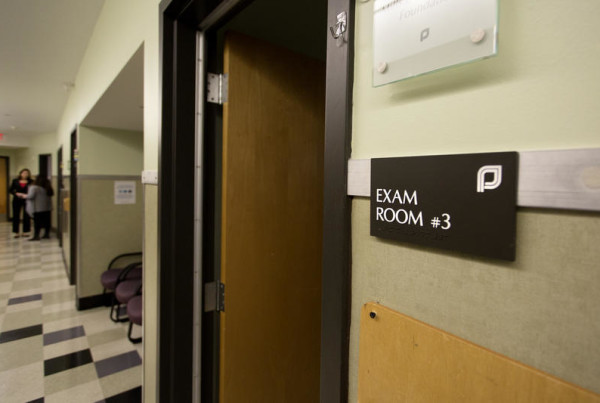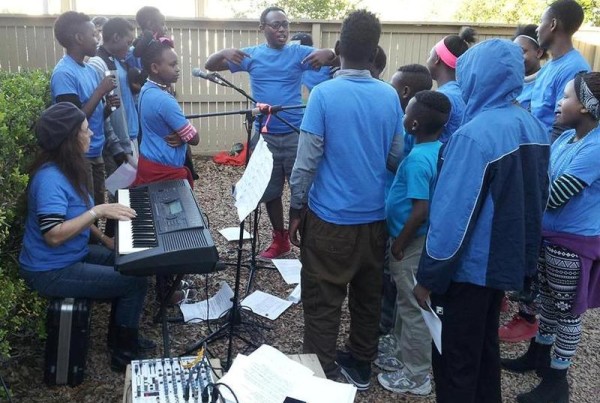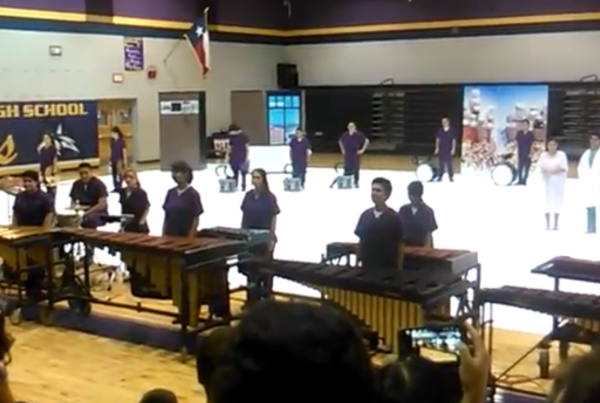With money transferring apps like Paypal or Venmo it’s easy to pay your friend back for dinner, split vacation expenses, or get that security deposit to your roommate. But as many working Texas musicians will tell you, it’s not that simple getting paid for a gig.
Musicians sometimes have to jump through hoops and hunt down their dues. It’s not like they can just take their performance back if they don’t get paid.
Ben Hodge says there is a simpler, easier way for musicians to get paid. He’s CEO of Event Escrow – a San Antonio-based startup company that recently rolled out a cloud-based tool to solve a longstanding problem.
There’s been scenarios on both sides, where the artists show up to the venue, play a show, and then the show producer doesn’t come through with the payment.
Hodge says the app makes sure ahead of time that that won’t happen.
With Event Escrow, a performer can send a bid to whomever they like, directly. As soon soon as the venue and the artist come to an agreement, the artists can then send an invoice immediately. The payment is held in escrow, using the money-transferring app Paypal. Once the performance is over, the money is dropped out of escrow and the artists gets paid.
Hodge says in one of their first cases, the artists showed up an hour late and with only three performers of their promised four-piece band. The event owner flagged the event in the app. Through the app the venue was able to find a last-minute rescue artist to fill the hour. The original artists were only paid half of what they had agreed up, because they only came through with half the deal they made with the venue.
“In this whole ecosystem, everyone was happy,” Hodge says. “The artists that showed up late, they were still getting some of what they were promised. The venue, who was out an artist, also got a brand-new one in its place, as well as they got some of their money back. … That really validates what we’re doing and the service we’re providing for our community.”
Listen to the full interview in the audio player above.
This post prepared for the web by Beth Cortez-Neavel.















